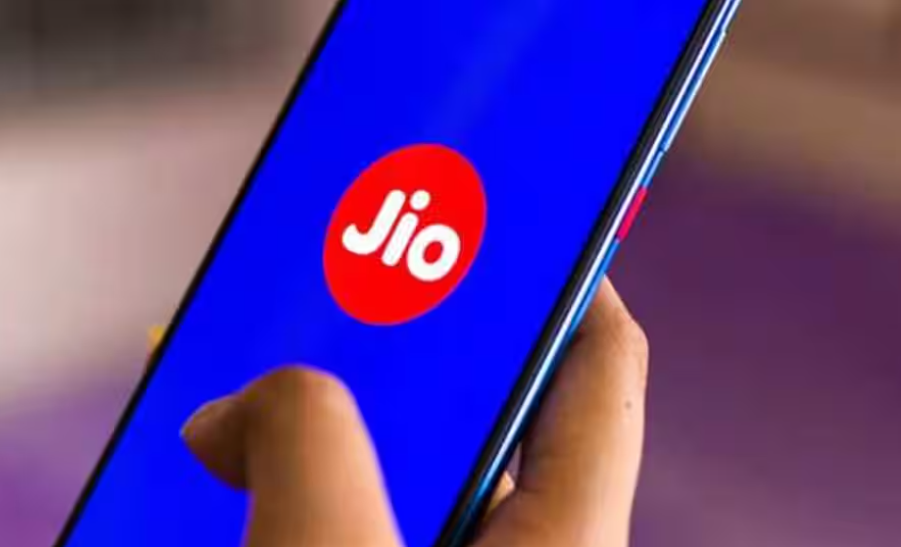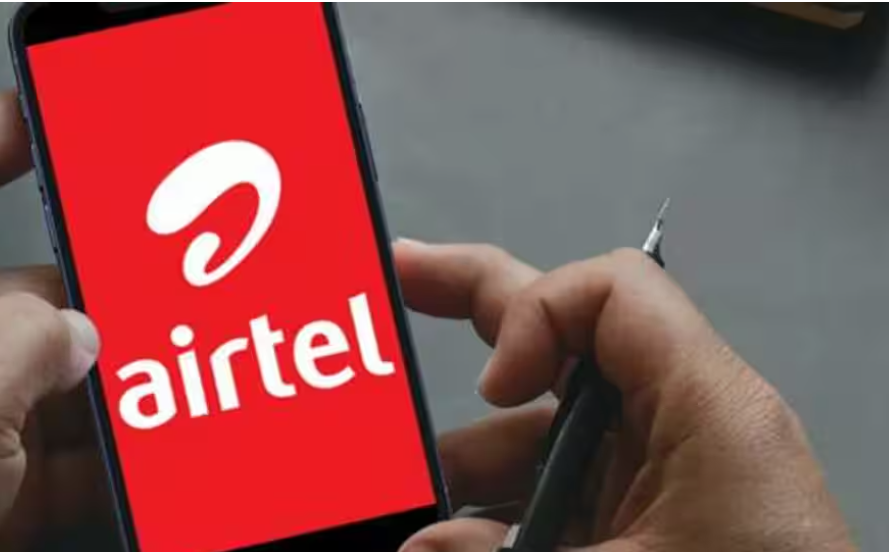In a major update for mobile users, the Telecom Regulatory Authority of India (TRAI) has announced new rules that will affect how you receive One-Time Passwords (OTPs) on your smartphones. Starting from December 1, Jio, Airtel, Vi, and BSNL subscribers may notice a significant change in how they receive OTPs for banking, online shopping, and other services.
What Is Changing?
The new regulations issued by TRAI aim to curb unsolicited commercial communications (UCC) and spam calls and messages. Under the new rules, OTP messages will no longer be allowed to come from random, unregistered sender IDs. This means you may no longer receive OTPs from a generic or suspicious-looking number like “123456” or “OTP@xyz.” Instead, all OTP messages must be sent from a registered and verified sender ID linked with the service provider.
Why This Change?
The decision is part of TRAI’s fight against spam messages and fraudulent activities. As people rely more on digital services, the rise in fake messages, phishing attacks, and fraudulent OTP requests has been alarming. Fraudsters often send fake OTPs to trick users into revealing sensitive details, such as banking credentials and personal information.

To make things safer, TRAI is introducing a mechanism that forces service providers to register their sender IDs. This should reduce the risk of fraudulent OTPs and make it easier for users to identify authentic messages from trusted sources.
What This Means for You
- You’ll See a Verified Sender ID for OTPs: Moving forward, OTPs will be sent only from verified sender IDs that are directly tied to the service you’re using. For example, an OTP from your bank will be sent from a registered sender ID like HDFC_BANK or ICICI instead of a random number.
- Delayed OTPs Are Possible: Because service providers will now have to follow these new regulations, some users may experience a delay in receiving OTPs initially as the system adapts.
- Impact on Unsolicited OTP Messages: Since all messages carrying OTPs will be properly registered, you should receive fewer spam OTP messages that are designed to scam you.
- Improved Security: With a verified sender ID, it will be easier to trust the authenticity of messages, minimizing the chances of falling for fraud.
What’s Next for Telecom Providers?
Telecom giants like Jio, Airtel, Vi, and BSNL are working to ensure compliance with these new rules. They are in the process of implementing the system that will allow them to register their verified sender IDs for OTPs. This change will likely bring some temporary inconvenience, especially for services that haven’t updated their system to comply with TRAI’s new standards. However, the long-term goal is to enhance security and reduce spam messages.
How Will This Affect Your Daily Life?
For the average user, these changes will likely go unnoticed, except for the fact that you’ll start seeing fewer spam messages and have more confidence in the authenticity of the OTPs you receive. Whether you’re confirming a transaction, logging into your online bank account, or shopping online, these changes should give you added peace of mind.
However, if you don’t receive your OTPs on time or from a legitimate source, you may need to contact your telecom provider or the service provider you’re trying to access to ensure they are fully compliant with the new regulations.
TRAI’s new rules starting December 1 will drastically improve OTP security and curb the rise of fraudulent activities in India. By ensuring that OTPs only come from verified sources, the new measures are set to make mobile and online transactions safer for millions of users. If you’ve been worried about spam messages or fraudulent OTPs, these changes are a step in the right direction.




